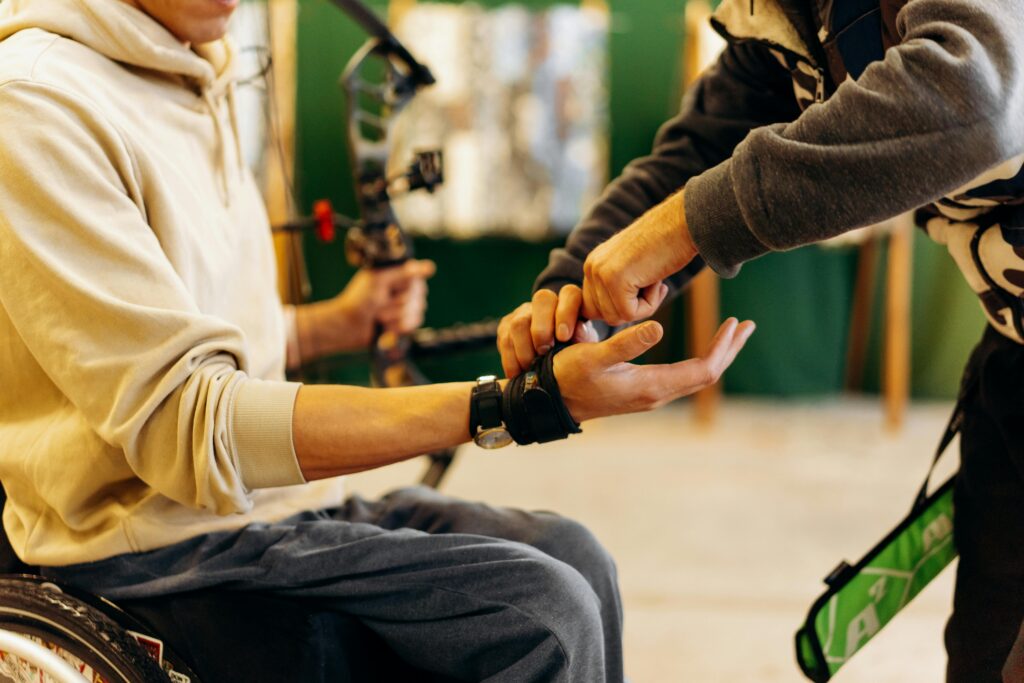The grandeur of the Olympic Games is often embodied in the awe-inspiring performances of athletes from around the globe. However, behind the scenes, a significant transformation is unfolding in the realm of coaching and leadership. Women are increasingly stepping into pivotal roles, shaping the futures of Olympic teams and athletes. This shift not only enhances the dynamics of sports leadership but also paves the way for a more inclusive and progressive sporting environment.
Historical Context and Progress
Historically, the realm of sports coaching and leadership has been predominantly male-dominated. Women’s involvement, particularly in leadership roles, was minimal, often limited to roles perceived as auxiliary. However, the tides have been gradually turning. Over the past few decades, there has been a concerted effort to break down the barriers that have restricted women’s participation in these roles.
One of the most significant strides has been the implementation of gender equality policies by organizations such as the International Olympic Committee (IOC). The IOC has been vocal about its commitment to promoting gender equality, and its efforts are yielding results. The increased visibility and recognition of women in coaching and leadership positions within Olympic teams are testament to these endeavors.
Pioneers and Trailblazers
Numerous women have emerged as pioneers in coaching and leadership, setting inspiring precedents. For instance, Jill Ellis, who led the U.S. Women’s National Soccer Team to World Cup victories, exemplifies excellence in coaching. Her strategic acumen and leadership have not only garnered international accolades but also inspired many aspiring female coaches globally.
In the realm of athletics, coaches like Dina Asher-Smith’s coach, Rana Reider, have been pivotal. Reider’s coaching philosophy and methodologies have significantly contributed to Asher-Smith’s success on the global stage. Such examples underscore the profound impact that women coaches have on the performance and morale of their athletes.
Challenges and Overcoming Barriers
Despite the progress, women in coaching and leadership roles still face numerous challenges. These include entrenched gender biases, lack of opportunities, and limited access to high-profile coaching positions. The sports industry, like many others, has been slow to dismantle the systemic barriers that hinder women’s advancement.
One major hurdle is the stereotype that women are less competent in leadership roles compared to their male counterparts. This stereotype often translates into fewer opportunities for women to coach men’s teams or occupy high-stakes leadership positions. Furthermore, the lack of mentorship and networking opportunities for women exacerbates these challenges.
To overcome these barriers, it is crucial to foster an environment that supports and nurtures female talent in sports leadership. Initiatives such as mentorship programs, leadership workshops, and networking platforms specifically designed for women in sports can play a vital role. Additionally, celebrating and highlighting the achievements of women in coaching can help change perceptions and encourage more women to pursue these roles.
The Role of Education and Training
Education and training are fundamental in equipping women with the skills and knowledge necessary for coaching and leadership. Sports organizations and educational institutions must collaborate to offer specialized training programs that focus on the unique challenges and opportunities in sports coaching and leadership.
Programs that emphasize tactical skills, psychological training, and leadership development can empower women to excel in their roles. Furthermore, creating pathways for continuous professional development ensures that women remain at the forefront of coaching innovations and leadership strategies.
Future Prospects
The future of women in coaching and leadership within Olympic teams looks promising. With the continued support of global sports organizations and a societal shift towards gender equality, the landscape is set to become more inclusive. Women’s increasing presence in these roles is likely to have a cascading effect, inspiring future generations and gradually normalizing female leadership in sports.
The journey towards complete gender parity in sports leadership is ongoing, but the progress made thus far is encouraging. As more women step into coaching and leadership roles, they bring diverse perspectives and approaches that enrich the sports they are involved in. The Olympic Games, with their global stage, provide the perfect platform to showcase this transformation, heralding a new era of inclusivity and excellence in sports.






